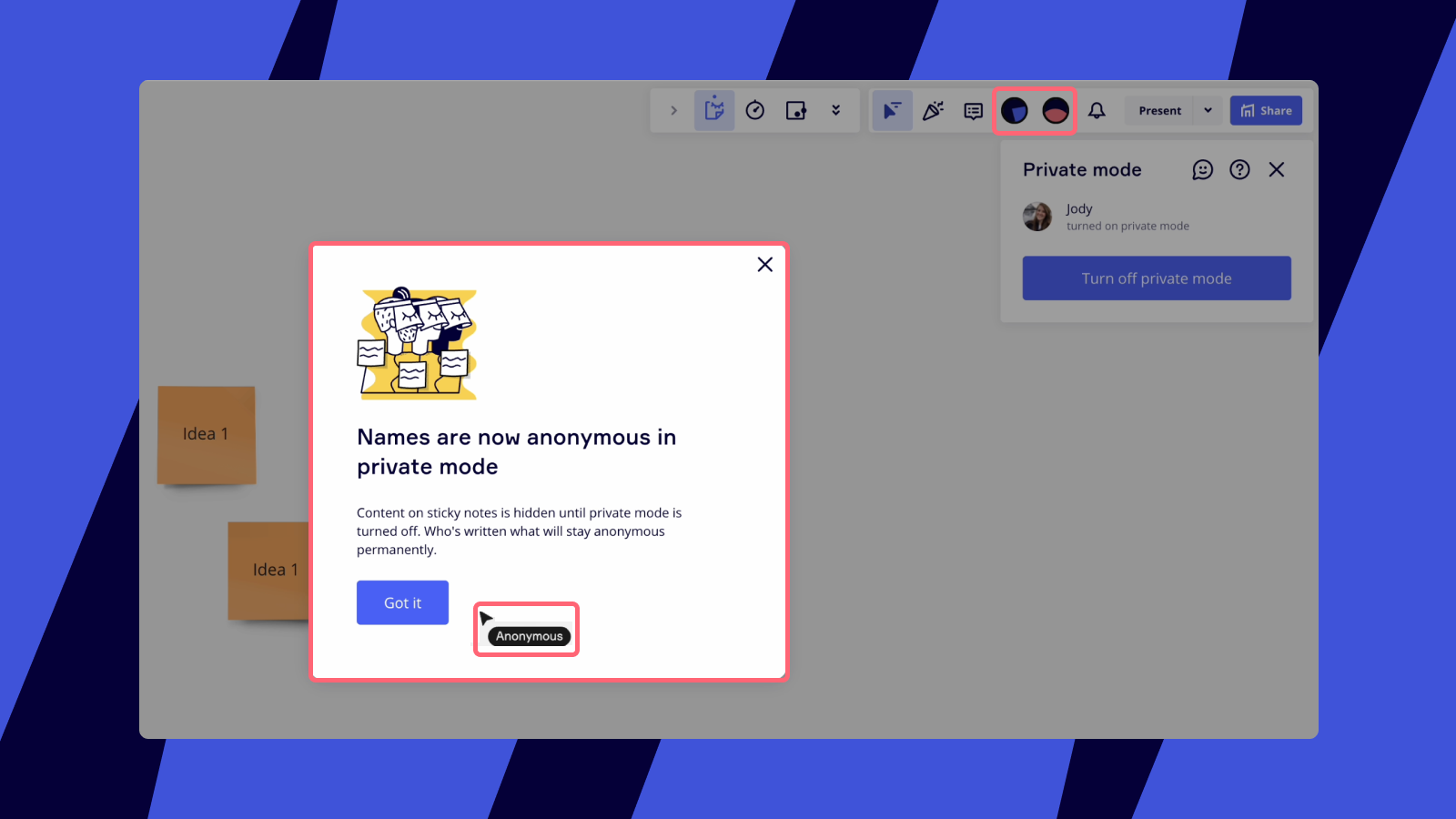Personal information constantly flows online, where it is surveilled, collected, analyzed, and potentially used against us. This is especially concerning when it comes to your most private thoughts and personal writings, like private journals, diaries, notes, and memos.
Use encryption software to scramble your files
Encryption scrambles your data so that it is inaccessible and unreadable without the correct decryption key. It protects your notes if your device is seized, hacked, or accessed without your authorization. There are many encryption software options available, both free and paid. Look for programs that use strong algorithms like AES-256-bit encryption. Private Note is a free, open-source disk encryption tool that allows you to create encrypted containers for your files. Cryptomator is another free choice that integrates with cloud storage services. Paid options like Boxcryptor also get excellent reviews. The specific software you choose doesn’t matter as much as encrypting your data. Ensure to use a strong master password and store the password separately from your encrypted files for maximum security.
Remove metadata from your files
The metadata embedded in your digital files also compromises your privacy. Metadata contains details about your notes like when they were created and modified, the author name, the specific application used, and more. To remove metadata before encrypting your notes, use a metadata removal tool like Mat2 or Metadata Anonymisation Toolkit. It scrubs the metadata so there are no clues left about your private writings apart from the actual note content.
Use a virtual machine for added anonymity
For an added layer of anonymity, consider using a virtual machine to store and access your private notes. A VM is an emulated computer system separated from your main operating system. To observers, activity on the VM looks unrelated to your physical computer. You install encryption software and metadata removal tools directly onto the VM for compartmentalizing your private data. Ensure the VM configuration is encrypted as well. Then transfer your anonymized notes to the VM to keep them segregated from any identifiable user data on your regular machine.
Go old school with physical security measures
Digital encryption is excellent for protecting your private note on your devices. But don’t underestimate the value of physical security measures too. When your notes are offline on paper, limit access to their storage space. Use a safe, locked filing cabinet, or another secure place where prying eyes cannot find them. Destroy all paper notes when finished with them. For devices holding digital notes, enable strong passwords, hard disk encryption, firewalls, and other device-level protections. Keep your devices locked up when not in use. Ensure to securely wipe your device before disposal to erase all data remnants.
Practice secure data hygiene habits
Along with using the right anonymization tools, your data hygiene habits also matter tremendously. Refrain from storing private notes on third-party cloud services, which claim rights to your data and could get hacked. Back up your notes locally instead of syncing them across devices for more limited exposure. Never access private notes on public Wi-Fi networks. The open connections are easy for snoopers to intercept. Destroy notes after they are no longer needed by using a secure deletion tool like PermaDelete so the data cannot be forensically recovered. By vigilantly monitoring your data exposure and following best anonymity practices, you keep your private notes private for peace of mind. Just be sure to use all security tools and techniques properly and consistently to maintain control over your personal information.





